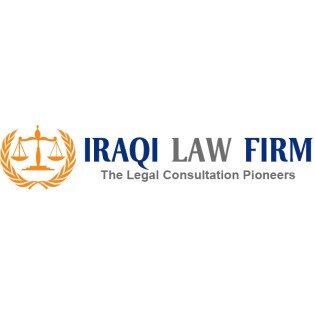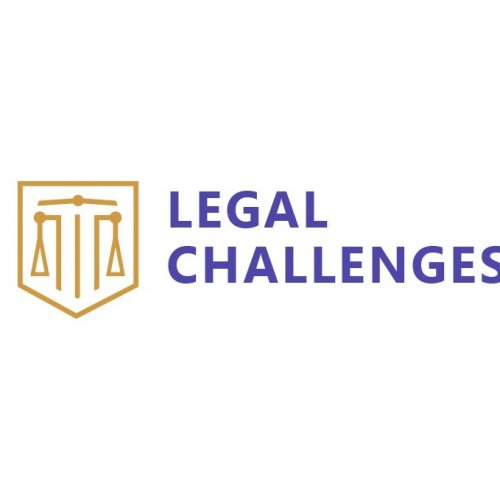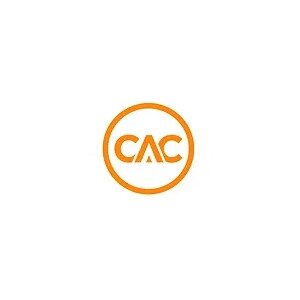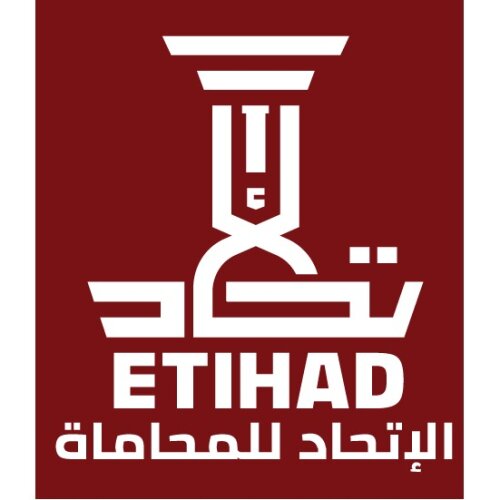Best Sanctions & Export Controls Lawyers in Baghdad
Share your needs with us, get contacted by law firms.
Free. Takes 2 min.
List of the best lawyers in Baghdad, Iraq
About Sanctions & Export Controls Law in Baghdad, Iraq
Sanctions and export controls are crucial elements of international and domestic legal frameworks that regulate the movement of goods, services, technology, and funds across borders. In Baghdad, Iraq, these laws help guide trade, safeguard national security, and maintain international relations. Sanctions often restrict or prohibit trade with certain countries or entities based on foreign policy objectives or security concerns. Export controls, on the other hand, establish oversight on the transfer of specified goods, particularly those that can be used for military or dual-use purposes. Compliance with these regulations is essential for businesses, organizations, and individuals engaged in international trade or financial transactions from Baghdad.
Why You May Need a Lawyer
The complexities of sanctions and export controls laws make legal assistance invaluable in a range of situations. You may require a lawyer if you:
- Are a business exporting goods or technology from Iraq and want to ensure full compliance with both Iraqi and international regulations.
- Face an investigation by authorities regarding potential sanctions violations.
- Have had assets frozen due to sanctions or are listed as a restricted entity.
- Plan to engage in trade with partners in countries with complex sanctions regimes or embargoes.
- Require licenses for exporting controlled goods, such as military equipment or dual-use technology.
- Need to understand cross-border financial transaction regulations to avoid inadvertent breaches.
- Are concerned about reputational risks or penalties associated with violations.
- Work for an NGO or humanitarian organization needing to operate in or send assistance to sanctioned regions.
Local Laws Overview
Sanctions and export controls in Baghdad are grounded in Iraqi law and are influenced by United Nations regulations and regional directives. The Iraqi government issues specific lists of banned goods and entities, sets licensing requirements for controlled items, and enforces financial sanctions aligned with international conventions.
Key aspects include:
- All exports from Iraq must comply with national security requirements and may require prior approval from relevant authorities.
- International and United Nations sanctions may apply, barring trade or financial dealings with specific countries, organizations, or individuals.
- Financial institutions in Baghdad are required to monitor and report suspicious transactions, particularly those involving sanctioned parties or large cross-border transfers.
- Controlled items, such as chemicals, military equipment, dual-use technologies, and certain strategic goods, require detailed declarations and export licenses.
- Penalties for violations can include fines, imprisonment, asset seizure, and blacklisting from future trade.
- Relief or licensing exceptions may apply in humanitarian cases but require legal guidance and formal approval.
Frequently Asked Questions
What are sanctions and export controls?
Sanctions are legal measures that restrict business, trade, or financial transactions with certain entities, countries, or individuals. Export controls are rules regulating the export of specific goods, technology, or services that may impact national security or foreign policy.
Who imposes sanctions relevant to Baghdad, Iraq?
Sanctions in Baghdad can be imposed by the Iraqi government, the United Nations Security Council, and in some cases, foreign governments whose sanctions have extra-territorial effect.
What types of products are commonly subject to export controls?
Items commonly subject to export controls include weapons, military equipment, dual-use technologies (goods with both civilian and military applications), sensitive chemicals, and advanced electronic components.
What penalties can result from violating sanctions or export control laws in Baghdad?
Penalties can include severe fines, imprisonment, seizure of goods, revocation of licenses, and being barred from export activities or government contracts.
Can a business apply for an exception or license to export controlled items?
Yes, businesses may apply for licenses or exceptions, especially for humanitarian or non-military purposes. These applications are reviewed by relevant Iraqi authorities and may require extensive documentation.
How can I check if a transaction or partner is subject to sanctions?
You can consult lists published by Iraqi regulatory bodies or refer to United Nations and financial action task force resources. Legal experts can also conduct due diligence and compliance checks for you.
What should I do if I suspect I have violated a sanction or control law?
Stop the activity immediately and seek legal advice. Voluntarily reporting the issue to authorities with legal representation can sometimes mitigate penalties.
Are humanitarian organizations also subject to sanctions and export controls?
Yes, although certain exemptions can apply. Humanitarian organizations must still follow due process and may require licenses or explicit acknowledgment from authorities before proceeding.
What documentation is required for exporting controlled goods from Baghdad?
Documentation typically includes export licenses, detailed product descriptions, end-user certificates, and, occasionally, permissions from other ministries depending on the item.
How can a lawyer assist with compliance in sanctions and export controls?
A lawyer can interpret relevant laws, conduct risk assessments, manage license applications, design internal compliance programs, represent clients during investigations, and negotiate with authorities on your behalf.
Additional Resources
For more information or assistance, the following resources may be helpful:
- Iraqi Ministry of Foreign Affairs - Handles the implementation of international and local sanctions.
- General Customs Authority of Iraq - Responsible for customs procedures and enforcement of export controls.
- Iraqi Central Bank - Supervises compliance concerning financial sanctions and cross-border funds transfers.
- Iraqi Ministry of Trade - Provides guidance on trade regulations and approvals.
- United Nations Sanctions Committee - Offers guidance on current international sanctions.
- Local law firms with specialization in international trade and sanctions compliance.
Next Steps
If you believe that you require legal assistance regarding sanctions or export controls in Baghdad, take these steps:
- Gather all relevant documents, contracts, correspondence, and any licenses or permits.
- List your specific questions or describe the situation where you require guidance.
- Contact a qualified legal professional in Baghdad with experience in this field.
- Schedule a consultation to discuss your case, compliance strategy, or any investigation underway.
- Follow legal advice carefully and establish internal procedures to maintain ongoing compliance.
- Stay informed of changes in both Iraqi and international regulations by subscribing to updates from relevant authorities.
Lawzana helps you find the best lawyers and law firms in Baghdad through a curated and pre-screened list of qualified legal professionals. Our platform offers rankings and detailed profiles of attorneys and law firms, allowing you to compare based on practice areas, including Sanctions & Export Controls, experience, and client feedback.
Each profile includes a description of the firm's areas of practice, client reviews, team members and partners, year of establishment, spoken languages, office locations, contact information, social media presence, and any published articles or resources. Most firms on our platform speak English and are experienced in both local and international legal matters.
Get a quote from top-rated law firms in Baghdad, Iraq — quickly, securely, and without unnecessary hassle.
Disclaimer:
The information provided on this page is for general informational purposes only and does not constitute legal advice. While we strive to ensure the accuracy and relevance of the content, legal information may change over time, and interpretations of the law can vary. You should always consult with a qualified legal professional for advice specific to your situation.
We disclaim all liability for actions taken or not taken based on the content of this page. If you believe any information is incorrect or outdated, please contact us, and we will review and update it where appropriate.

















